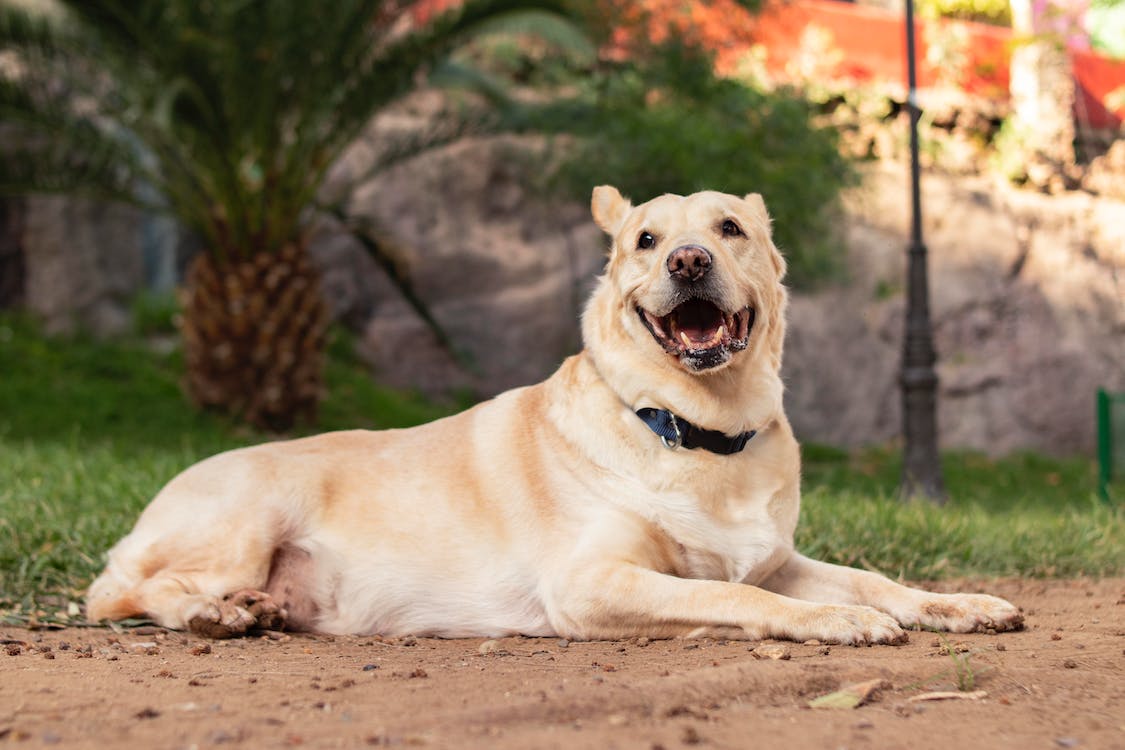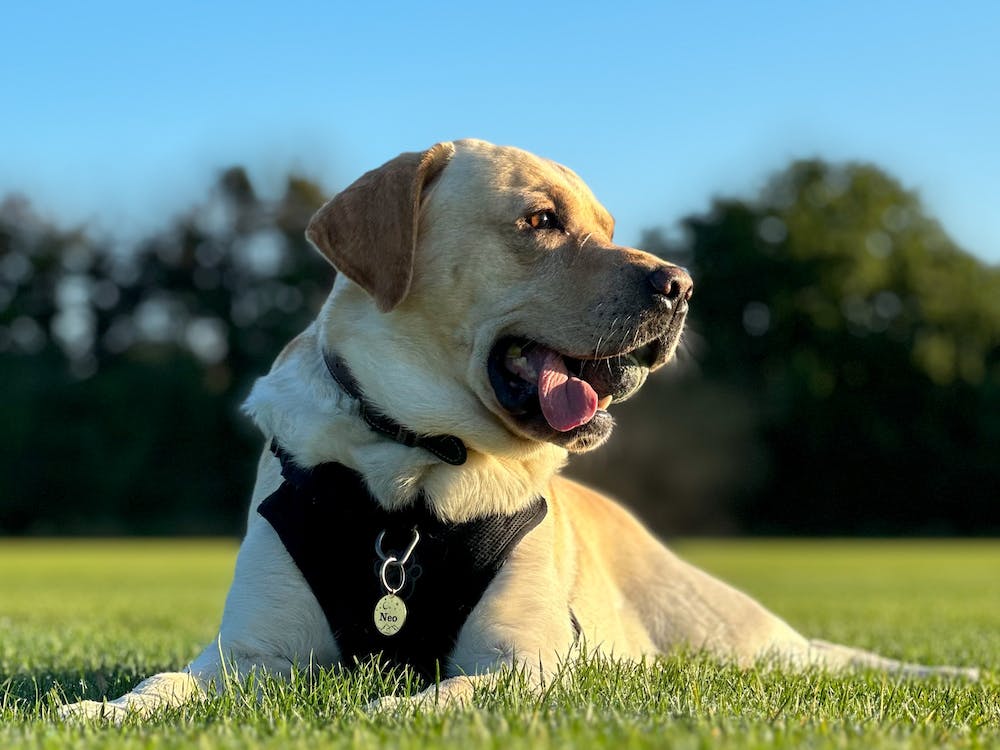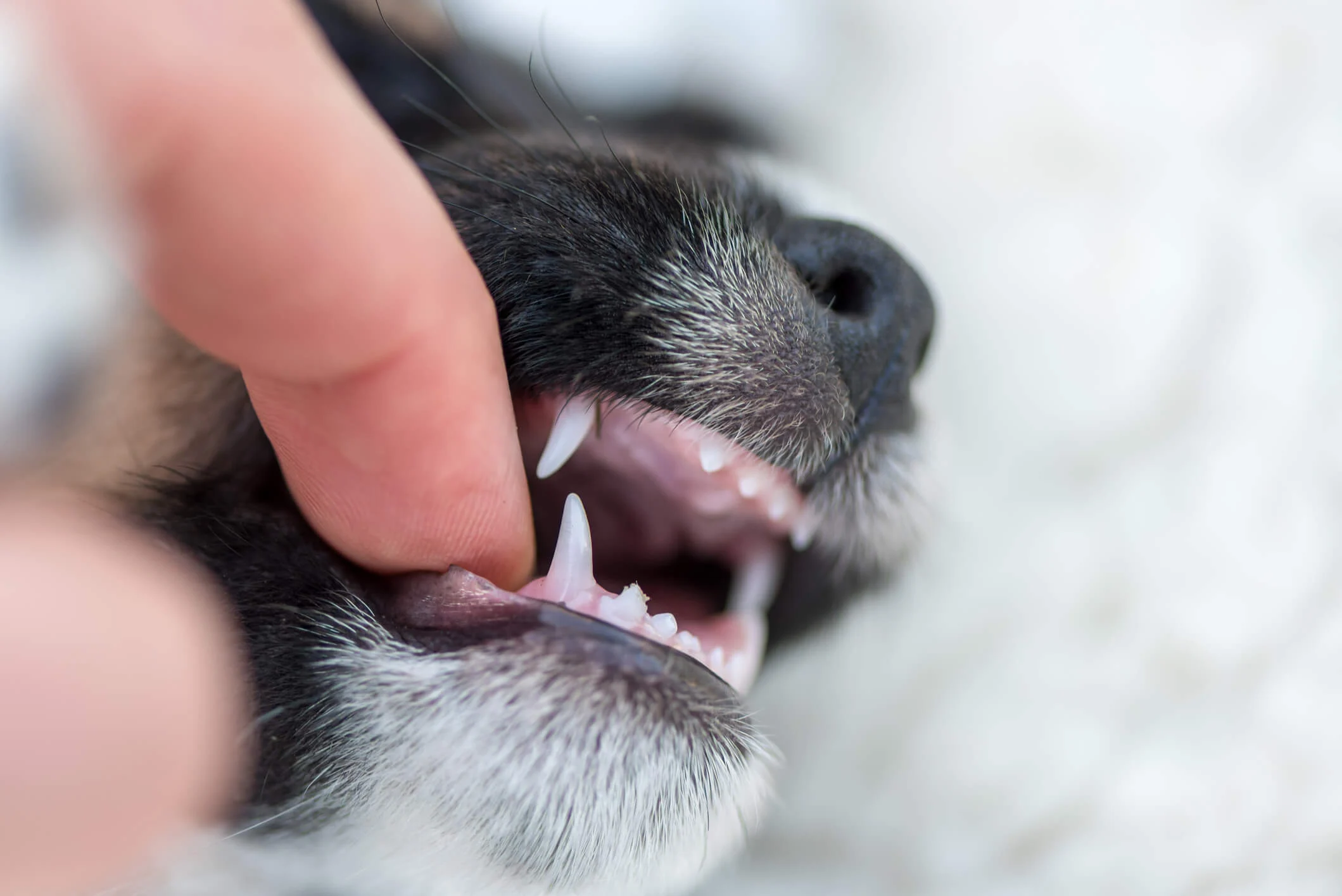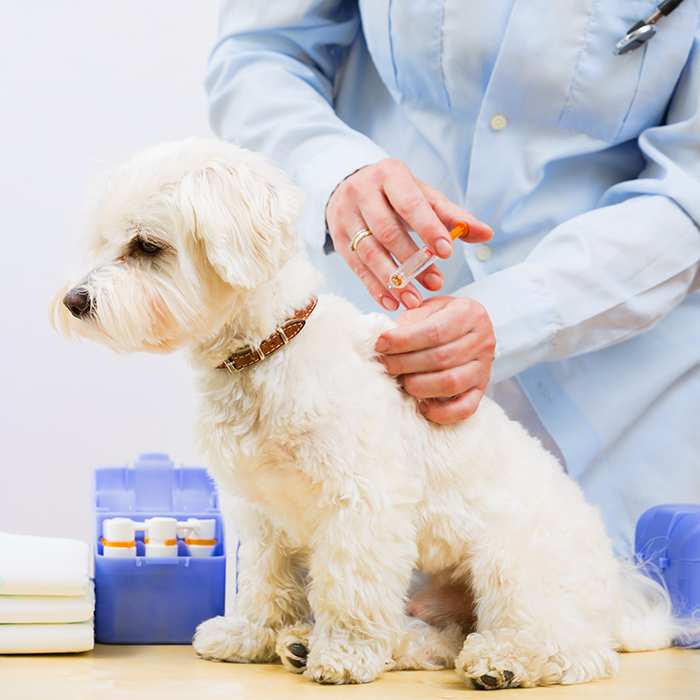You notice your pup has started developing loose flaps of skin and drool hanging from their mouth. This sagging skin is referred to as dog jowls or flews. While jowly cheeks can be perfectly normal or breed-specific, they can also indicate underlying issues worth addressing.
Keep reading to learn all about the purpose of dog jowls, which breeds have prominent jowls, and when loose flews warrant a veterinary visit.
What are Dog Jowls?
Dog jowls are the loose, pendulous folds of skin hanging from the lower jaw and lips. Also called flews or cheeks, jowls are essentially saggy areas of facial skin that frame the mouth.
In many dogs, the inner corners of the mouth have mildly loose skin that houses salivary glands and collects saliva or water when drinking. Excessively saggy or inflamed jowls extend further along the jawline.

Functions of Dog Jowls
While they may look droopy, jowls do serve key functions:
- Stores salivary glands important for chewing, swallowing and digestion
- Traps scents to aid olfaction and taste when eating
- Cools blood vessels to regulate temperature
- Provides facial expression for nonverbal communication
- Contributes to distinguishing breed characteristics
Proper nerve connections and muscle tone support functional healthy jowls.
Dog Breeds with Jowls
Several breeds are especially prone to having loose, pendulous jowls due to excess skin around the mouth and muzzle:
- Bloodhounds
- Basset Hounds
- Mastiffs
- Bulldogs
- Saint Bernards
- Neapolitan Mastiffs
- Newfoundlands
In these breeds, some degree of droopy flews is perfectly normal and not cause for concern as long as they appear proportional. Monitoring for changes and injury is still wise.
Problematic Jowl Issues in Dogs
While natural in some breeds, enlarged painful jowls or jowls that develop suddenly later in life often indicate an underlying issue. Some concerning conditions associated with swollen jowls include:
- Oral infections like gum disease or dental abscesses
- Trauma from bites or blunt injury
- Tooth root abscess formation
- Blocked salivary glands or ducts
- Foreign bodies caught in the jowls
- Allergic reactions and insect bites on the face
- Skin fold dermatitis or infection
- Canine distemper virus
- Hematomas or fluid accumulation
If your dog develops swollen jowls, schedule a prompt veterinary exam to diagnose and treat the cause. Leaving jowl problems unchecked leads to worsening pain and clinical signs.

Treatment for Problematic Dog Jowls
Depending on the underlying cause, vets may recommend:
- Antibiotics for infections
- Dental cleaning or tooth extraction
- Draining fluid accumulations
- Salivary gland flushing
- Antihistamines for allergies
- Topical skin fold cleaning solutions
- Corrective surgery for saggy or inverted eyelids scratching the jowls
Caught early, most jowl issues resolve fully with treatment. Preventing jowl trauma and infections also helps reduce swelling recurrences.
Caring for Dog Jowls
To keep your dog’s jowls healthy, whether naturally loose or problematic:
- Gently wipe folds daily with a warm wet cloth to prevent infection.
- Rinse and dry after meals and drinking to avoid food buildup and dermatitis.
- Use an Elizabethan collar if licking and chewing at irritated jowls.
- Ensure a flea/tick preventive to avoid bites on the thin jowl skin.
- Have your dog’s teeth professionally cleaned to reduce dental disease risks.
- Follow up on any swelling, odor, or discharge – don’t wait.
While saggy jowls are characteristic for some breeds, make sure you monitor all dogs for changes indicating a jowl condition requiring veterinary attention. Early treatment helps prevent complications and misery for your dog. With proactive care, their jowls can function healthfully and comfortably.


